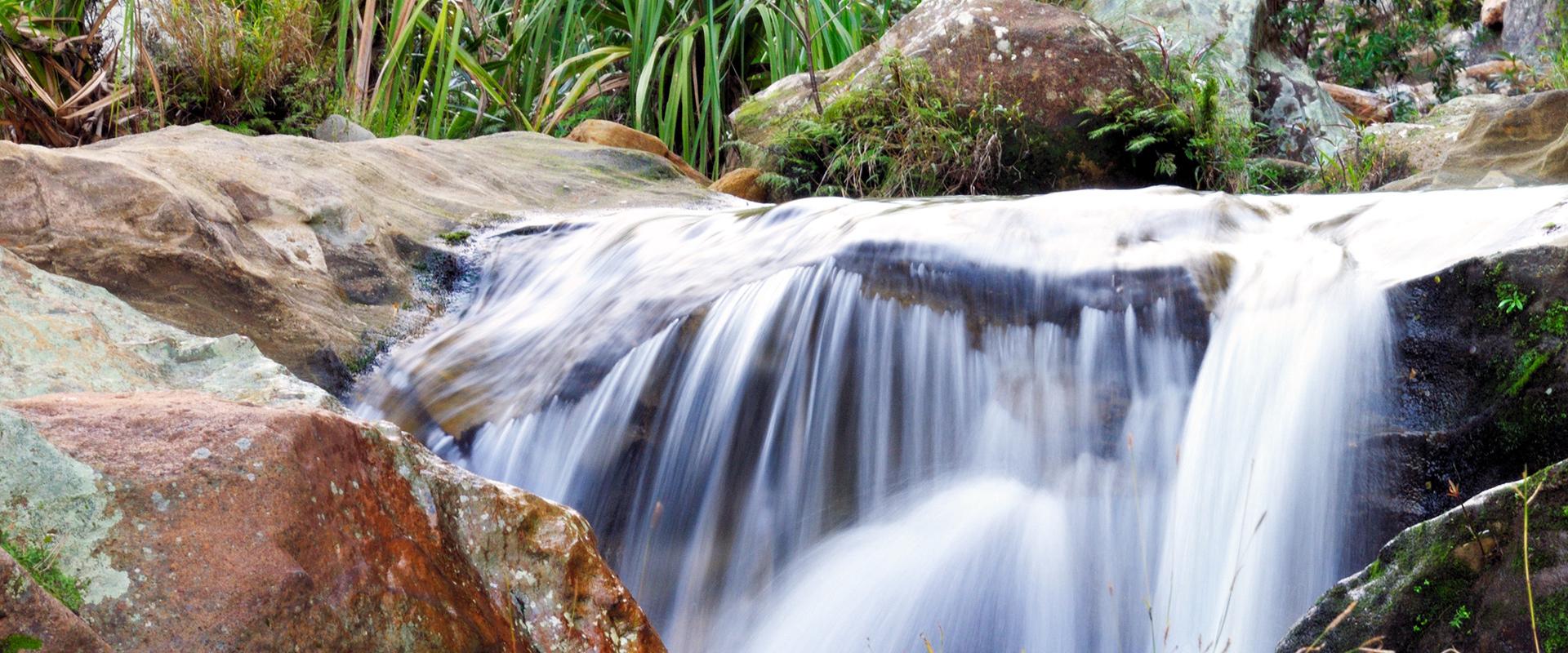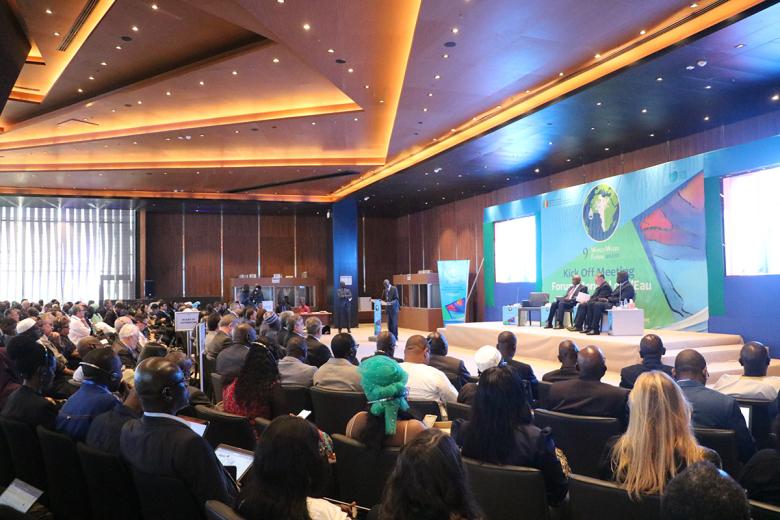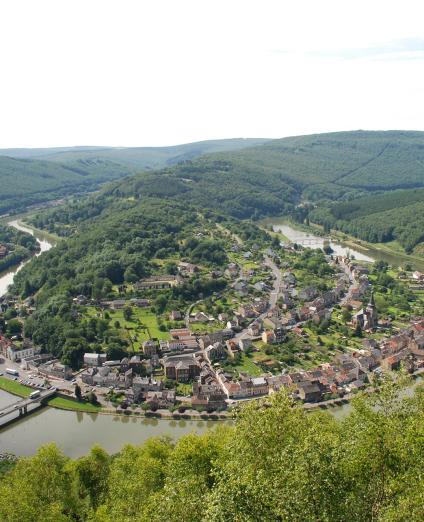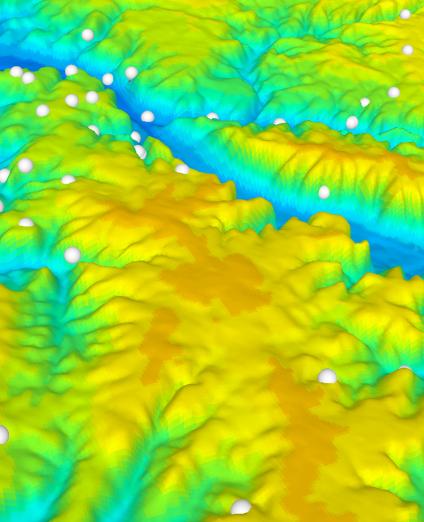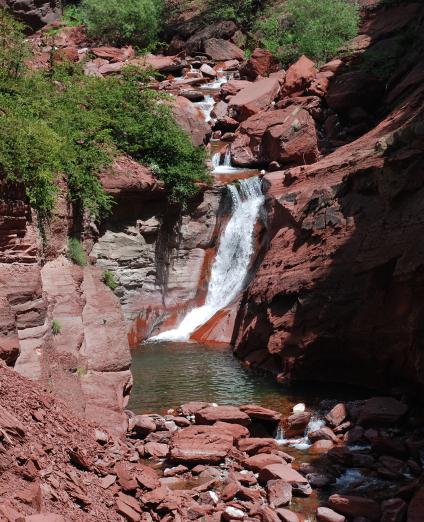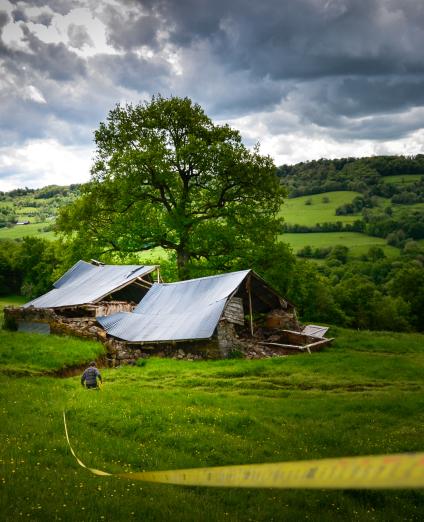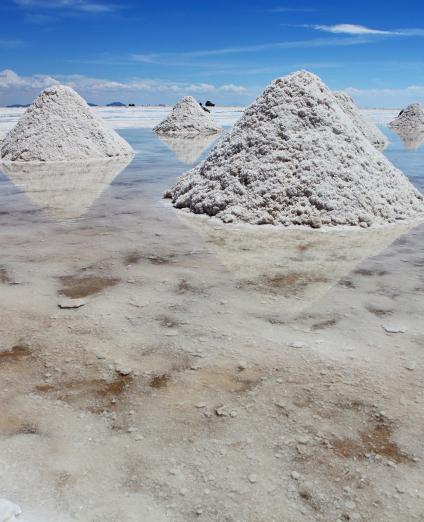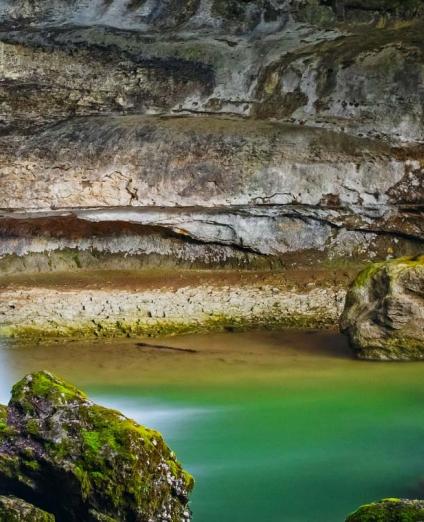The World Water Forum is the world's largest water event. It has been organised every three years since 1997 by the World Water Council, in partnership with a host country. The 9th Forum will be the first of its kind to be held in sub-Saharan Africa.
Bringing together participants from all levels and fields, including politics, multilateral institutions, academia, civil society and the private sector, the World Water Forum will provide a unique platform for the international water community and key decision-makers to collaborate and make long-term progress to meet global water challenges.
BRGM, groundwater expert in France and worldwide
Groundwater resources are essential for the supply of drinking water and satisfying the needs of agriculture in many countries. Water resources are under increasing pressure due to climate change and greater demand for different uses. Faced with the challenges posed by global changes, one of BRGM’s core missions is to further our knowledge of groundwater, by monitoring and anticipating its availability and ensuring its quality.
Around the world, as it does in France, BRGM contributes its know-how and expertise to help ensure the preservation and quality of water resources.
BRGM at World Water Forum 2022
BRGM is participating in the 9th edition of the World Water Forum, in Dakar (Senegal) from 21 to 26 March 2022.
The French geological survey will present the new hydrogeological map of West Africa (ECOWAS), together with the German (BGR) and British (BGS) geological surveys, during a high-level panel discussion in the German pavilion.
BRGM scientists will also participate in various thematic sessions. Dominique Darmendrail, Director of the Groundwater and Global Change Programme at BRGM, will lead two sessions (see below).
BRGM will be coordinating the sessions of the 4E working group on research and innovation, and will also participate in the synthesis session of Priority 4 entitled “Means and tools".
Lastly, a presentation of the OneWater programme is scheduled for Wednesday 23 March on the French Water Partnership stand.
Making the invisible visible: Groundwater as a response for resilience and sustainability - High Level Panel - Presentation of the new hydrogeological map of West Africa (ECOWAS) - 22 March 2022, 9:00-10:30
With interventions by Alexis Gutierrez (BRGM, France), Stefan Broda (BGR, Germany) and Brighid O’Dochartaigh (BGS, United Kingdom)
Speech by Dominique Darmendrail, Director of the Groundwater and Global Change Programme (BRGM)
Under the aegis of UNESCO, the German, British and French geological surveys pooled their knowledge to consolidate and update their respective hydrogeological maps for the region covered by the Economic Community of West Africa. This collaborative project for the benefit of the African States that make up ECOWAS was made possible thanks to the scientific support of several partners and experts, with funding from the French Ministry of Foreign Affairs (as regards BRGM's contribution to the project). This map (at a scale of 1:5000000) gives an overall picture of the potential of regional aquifers. The document includes detailed inset maps, sections and graphs that supplement the hydrogeological information.
Learning from experiments and relevant scientific and technological innovation - Thematic session - 22 March 2022, 10:45-12:15
Organisation of the session by BRGM
By presenting actions that identify and address the world's most challenging water issues. By promoting pragmatic solutions based on actual cases!
Taking advantage of knowledge-sharing platforms - Thematic session - 22 March 2022, 13:30-15:00
Organisation of the session by BRGM
Making progress in addressing the global water challenge and taking advantage of knowledge-sharing platforms. Finding solutions for the design of a common cooperative platform offering opportunities for science and knowledge-based and demand-driven solutions and innovation providers - faster adoption of innovations by stakeholders.
Providing water information to decision makers at national and regional levels and to water users at local levels - Thematic Session - 22 March 2022, 10:45-12:15
Presentation by Alexis Gutierrez (BRGM) on “From water information data to forecasting of water resources - France”
Implementing integrated water resources management – a process that links environmental protection with the improvement of social and economic conditions of communities at all levels – requires scientific knowledge and information. Information plays a key role in involving local actors in a participatory approach, and also at a national level for decision making. Information and communication technologies, remote sensing, water monitoring in catchment basins, networking of scientific results for stakeholders, and a suitable set of tools, etc. All these elements are essential to improve and strengthen integrated water resources management at all levels.
Water as a common good: 10 years to change the paradigm! - Presentation of the OneWater programme - 23 March 2022, 10:45-11:25 - Agora de l'Espace, France
Speeches by Agathe Euzen (CNRS) and Dominique Darmendrail (BRGM), co-directors of OneWater, a national water research and innovation programme, on the French Water Partnership stand
Co-directed by CNRS, BRGM and INRAE, the “OneWater - Water as a Common Good” priority programme and equipment (PEPR) project for investigative research is taking place in a context of global change in which pressures on water are exacerbated and where water resources are one of the major challenges of the 21st century. Launched on 16 March 2022, it has a budget of €53 million over 10 years, financed as an investment for the future (PIA 4). Based on six scientific challenges, it aims to make research on water resources a key issue for the sustainable transition of regions.

